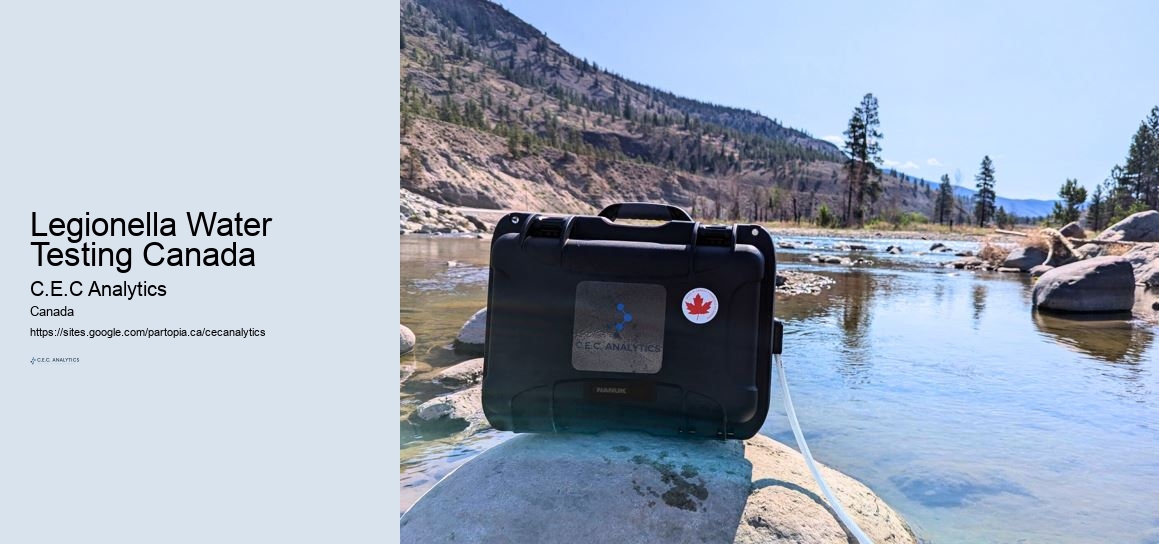

Whether you're a small-town municipality or a major industrial player, you've got access to top-tier water testing capabilities.
Moreover, the precision of these new testing methods ensures that you're not just getting faster results, but more reliable ones. C. Analytics to inform your community and local leaders about the importance of investing in water infrastructure and adopting sustainable water management practices. Your work exemplifies how science and technology can directly enhance community well-being.
| Entity Name | Description | Source |
|---|---|---|
| Sewage treatment | The process of removing contaminants from wastewater, primarily from household sewage. | Source |
| Safe Drinking Water Act | A U.S. law aimed at ensuring safe drinking water for the public. | Source |
| Test method | A procedure used to determine the quality, performance, or characteristics of a product or process. | Source |
| Escherichia coli | A bacterium commonly found in the intestines of humans and animals, some strains of which can cause illness. | Source |
| Environmental health officer | A professional responsible for monitoring and enforcing public health and safety regulations. | Source |
To ensure the success of nationwide water safety, it's critical that every test conducted delivers accurate and reliable results. C. C. Beyond the municipal level, they've teamed up with environmental agencies to leverage vast datasets, enhancing the predictive analytics capabilities of their platform.
We've integrated molecular analysis and digital microfluidics in our labs.
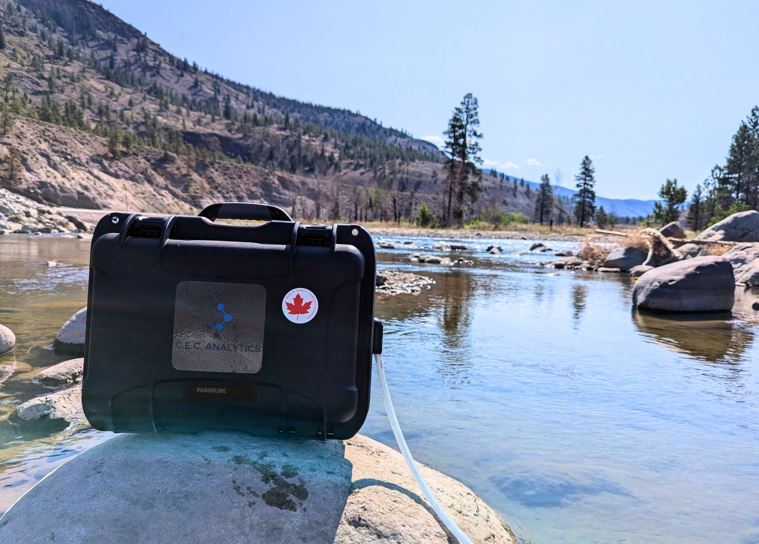
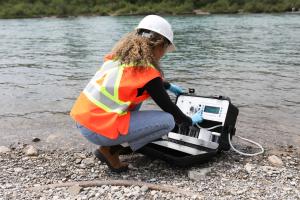
Once your samples are analyzed, you'll receive your results through a secure online platform. C. C. In essence, your work in enhancing water quality testing is a vital contribution to public health in Legionella Water Testing Canada.
Analytics is setting a new standard for efficiency and community involvement in environmental health initiatives across Legionella Water Testing Canada. You have access to understandable, transparent data, fostering trust and cooperation between authorities, industries, and the public. You're now equipped with a tool that doesn't just streamline the process of testing water samples but also aligns perfectly with the rigorous demands of environmental regulations in Legionella Water Testing Canada. This innovative approach means you're getting faster, more reliable results than ever before. Analytics' technology doesn't just identify present contaminants; it helps predict potential future risks.
Moreover, your efforts in educating the public about the importance of water quality and how to protect it play a crucial role in community safety. C. You've got to understand, their innovative approach combines cutting-edge technology with comprehensive data analytics. To enhance efficiency, C.
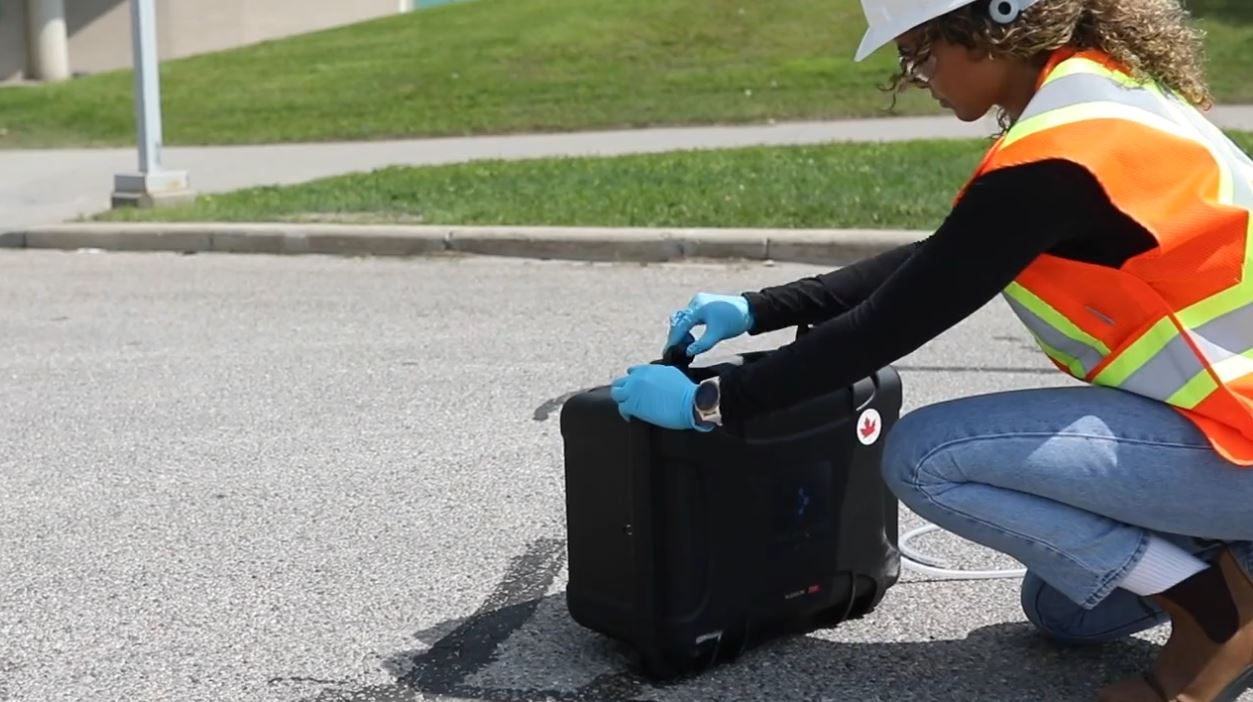

Moreover, consider the impact of agricultural and industrial activities on water quality. They work closely with municipal and federal agencies, providing data and insights that inform policy and drive innovation in water management practices. E. Building on the advancements in water testing processes, let's explore how these changes have made a real-world impact through specific case studies. C.
By prioritizing these practices, you contribute to a legacy of clean water for future generations, reinforcing the importance of every step you take towards a more sustainable and water-wise world. We don't just see ourselves as a company; we're a crucial part of public health defense, tirelessly working to identify and mitigate risks before they reach your tap. The answer is a resounding yes. E.
You won't be left in the dark waiting for your results. This transparency builds trust and fosters a sense of security, as people know the water they consume is monitored closely and continuously for safety. You're looking at a leap forward in how quickly and precisely water samples are analyzed, thanks to C. From heavy metals like lead and mercury to organic compounds that shouldn't be there, they're on the lookout. Septic system water testing
By implementing your advanced analytics, Riverdale saw a 60% reduction in waterborne illnesses within the first year alone. So, whether you're looking to ensure compliance with health standards or simply want peace of mind, they're ready to support you every step of the way. By tapping into a diverse network of specialists, C. It's a win-win for everyone involved.
By collecting samples or helping with data analysis, you're contributing to a larger understanding of water quality trends in Legionella Water Testing Canada. E. C. Analytics slashes this time down to hours, ensuring that communities and businesses can respond to potential health threats much faster. C.
E. C. This immediacy allows for swift action, preventing potential crises before they escalate. By testing your water, you're taking a proactive step towards ensuring its safety.
E. As a Canadian, you can play a pivotal role in advancing water testing efforts by staying informed and supporting innovative technologies. Instead of relying on traditional methods that can take days to process, C. They ensure that water meets health standards, protecting you, your family, and the environment.
E. It's a ripple effect; your engagement encourages others, fostering a community-wide commitment to conservation. That means if there's a problem, you'll know about it sooner, allowing for immediate action to protect your family and neighbors. C.
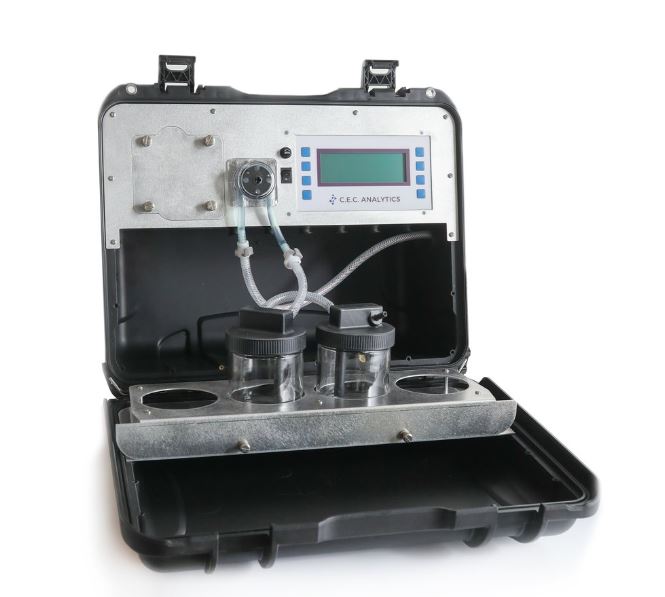
| Part of a series on |
| Pollution |
|---|

|
Wastewater (or waste water) is water generated after the use of freshwater, raw water, drinking water or saline water in a variety of deliberate applications or processes.[1]: 1 Another definition of wastewater is "Used water from any combination of domestic, industrial, commercial or agricultural activities, surface runoff / storm water, and any sewer inflow or sewer infiltration".[2]: 175 In everyday usage, wastewater is commonly a synonym for sewage (also called domestic wastewater or municipal wastewater), which is wastewater that is produced by a community of people.
As a generic term, wastewater may also describe water containing contaminants accumulated in other settings, such as:
Sampling may refer to:
Specific types of sampling include: